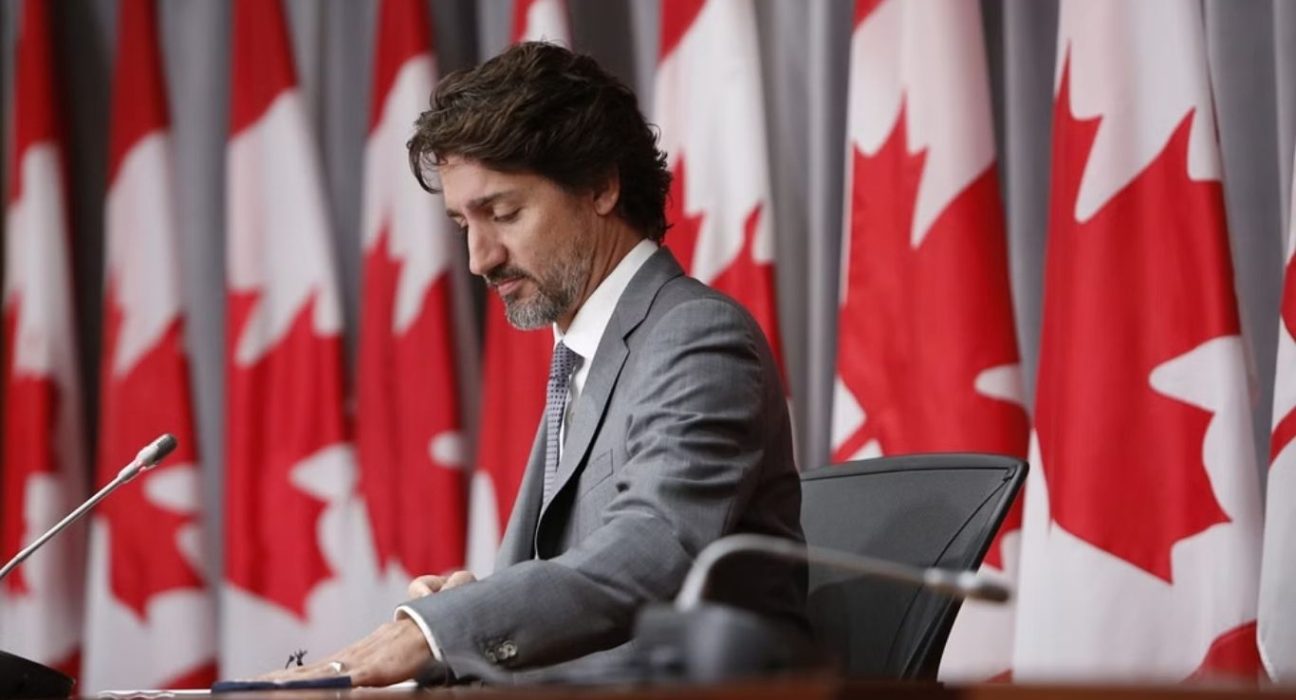The Canadian government has proposed a new tax credit to encourage investment in the exploration of critical minerals, including lithium, cobalt, and rare earth elements. The tax credit, which amounts to 30% of eligible expenses, aims to attract new equity investors to the mining sector and support early-stage exploration projects.
The proposed tax credit covers expenses related to the exploration of critical minerals, such as geological mapping, drilling, and trenching. It also includes expenses related to environmental assessments and community consultations.
Benefits of the Proposed Tax Credit
The proposed tax credit is expected to have several benefits for the mining industry and the Canadian economy as a whole. By offering a 30% tax credit on eligible expenses, the government hopes to attract new equity investors to the mining sector, particularly those who have been deterred by volatile capital market conditions.
The tax credit is also expected to support early-stage exploration projects, which typically require significant investment but have a high degree of uncertainty. According to industry estimates, an early-stage exploration project typically needs between C$10 million ($7.4 million) to C$25 million. By providing a tax credit for eligible expenses, the government hopes to reduce the financial burden on early-stage exploration projects and encourage more companies to invest in critical mineral exploration.
In addition to supporting the mining industry, the tax credit is also expected to have broader economic benefits. The mining sector is a significant contributor to the Canadian economy, and the exploration of critical minerals has the potential to create new jobs and spur economic growth in regions that have been hard hit by the decline of traditional resource industries.
Eligibility for the Tax Credit
To be eligible for the tax credit, companies must meet certain criteria. They must be engaged in the exploration of critical minerals, and their exploration expenses must be incurred in Canada. The tax credit is also available to investors who purchase shares in certain critical mining companies, such as those involved in the exploration of lithium brine.
Conclusion
The proposed tax credit for critical mineral exploration is a significant development for the mining industry in Canada. By offering a 30% tax credit on eligible expenses, the government hopes to attract new equity investors to the mining sector and support early-stage exploration projects.
The tax credit is also expected to have broader economic benefits, creating new jobs and spurring economic growth in regions that have been hard hit by the decline of traditional resource industries.
Overall, the tax credit is a positive step towards supporting the exploration of critical minerals in Canada, and it will be interesting to see how it affects the mining industry in the coming years.










